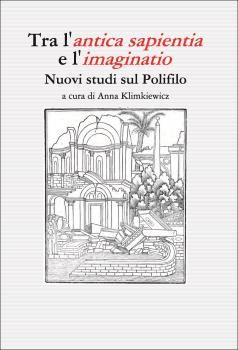Hypnerotomachia Poliphili: Thoughts on the Earliest Reception .......... 231
Streszczenie
La prima ricezione dell’Hypnerotomachia Poliphili di Francesco Colonna viene qui esaminata con l’intento di approssimarsi alla figura e alle intenzioni dell’autore attraverso le reazioni di lettori a lui coevi. In tale prospettiva, esemplari postillati, e in particolare quello conservato presso la Biblioteca Comunale degli Intronati in Siena (la cui importanza è stata segnalata per primo da Edoardo Fumagalli), possono offrire materiale esegetico di grande interesse. Un altro aspetto affrontato in questo articolo concerne il significato della lingua dell’opera, cioè di una varietà unica di volgare italiano fortemente mescidato di latino e di greco. In rapporto a quanto traspare dai commenti di lettori rinascimentali, la lingua dell’Hypnerotomachia Poliphili pare caratterizzarsi come tentativo consapevole di offrire, a metà tra ricostruzione archeologica e creazione fantastica, un esempio del “primo volgare” quale dovette emergere dalla dissoluzione della lingua latina. Lo sperimentalismo linguistico dell’opera verrebbe così a situarsi nel dibattito quattro- e primo cinquecentesco intorno all’origine del volgare.





